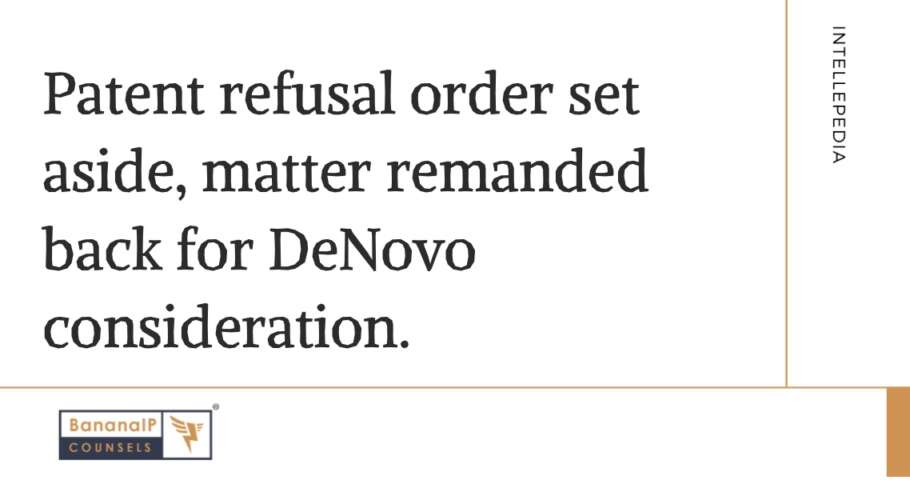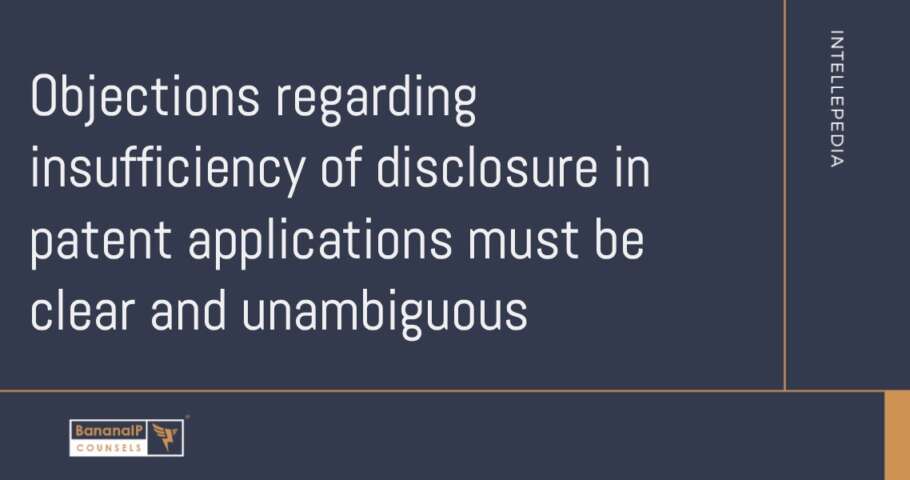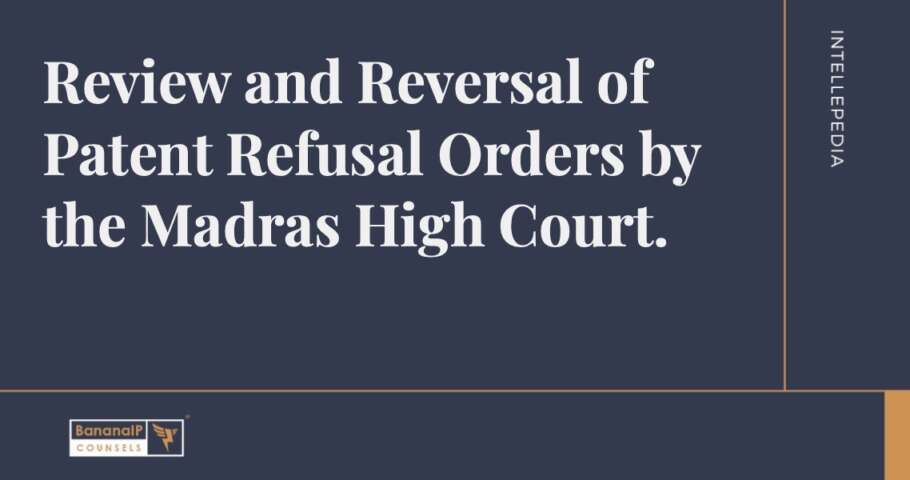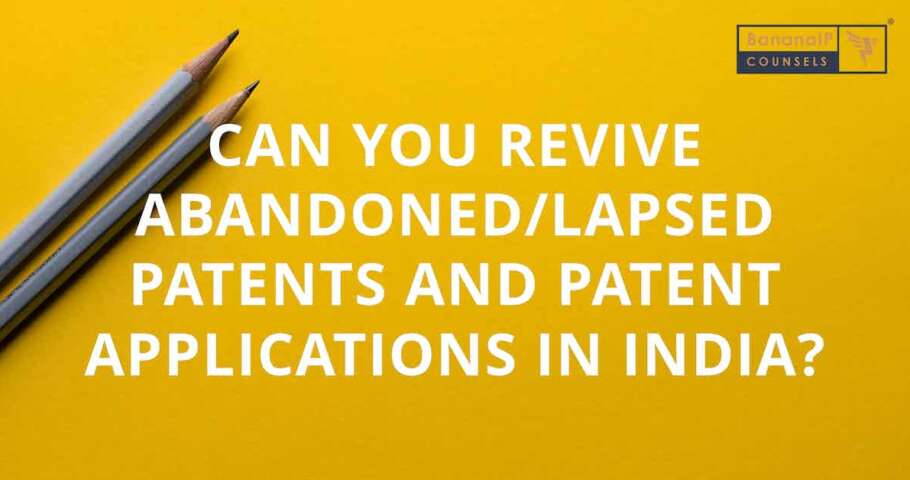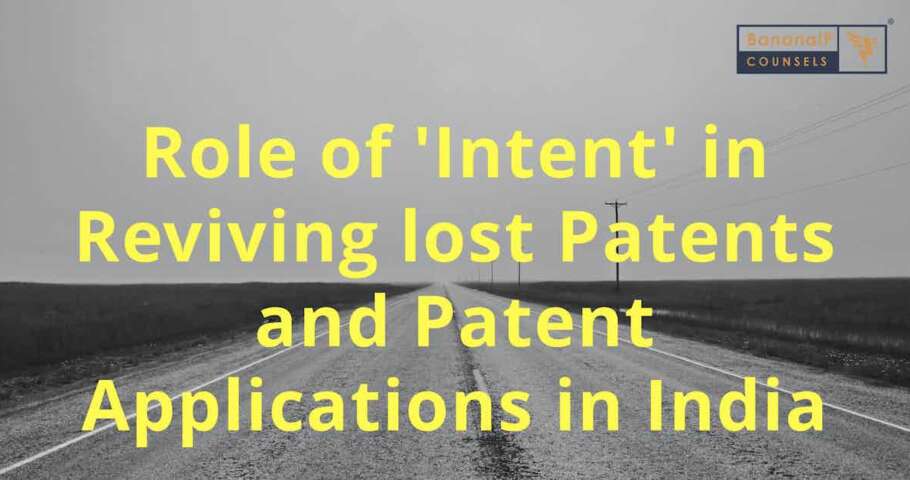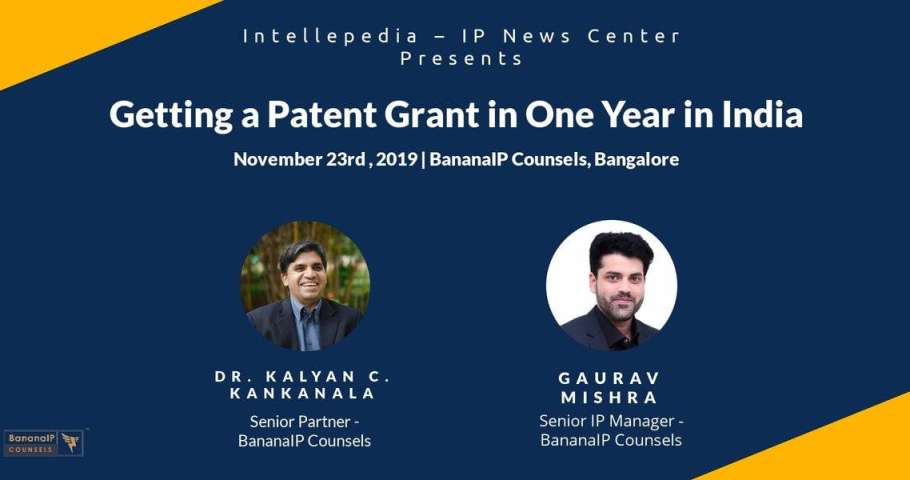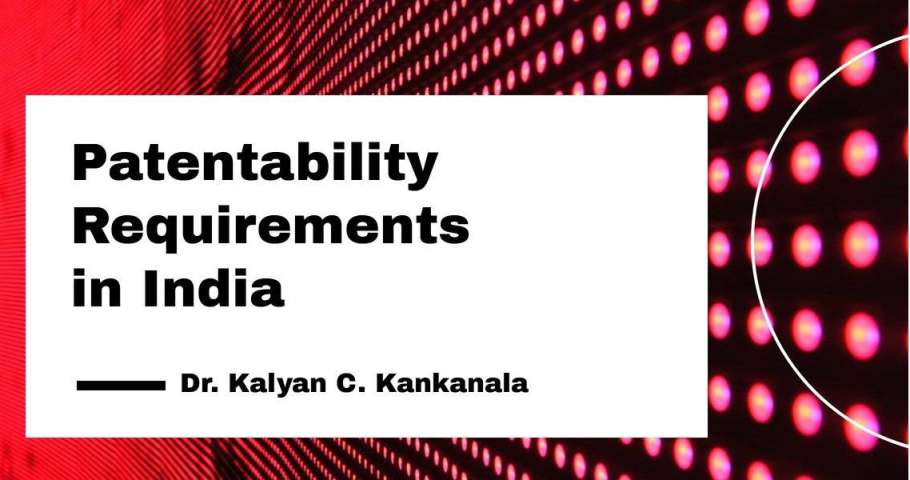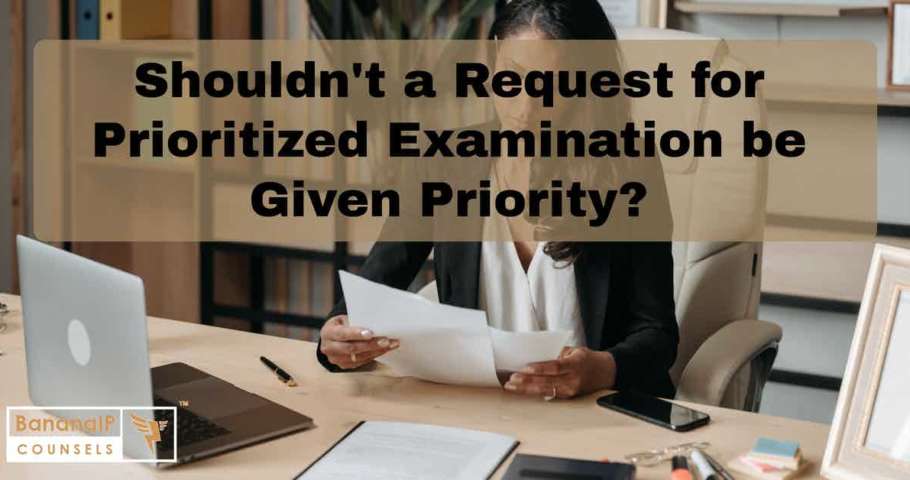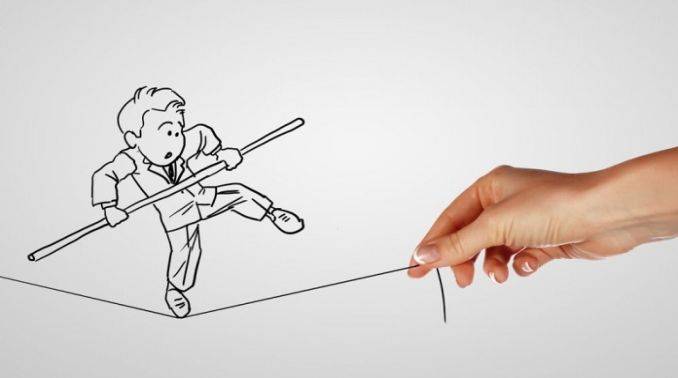The Delhi High Court has faulted the Patent Office for rejecting a patent application without adequate reasoning. The case involved a beverage can closure design, and the Controller’s decision lacked clarity and failed to address the applicant’s arguments effectively. The Court has sent the case back for a proper re-examination, highlighting the need for thoroughness in patent application reviews. Continue Reading Patent refusal order set aside, matter remanded back for DeNovo consideration
